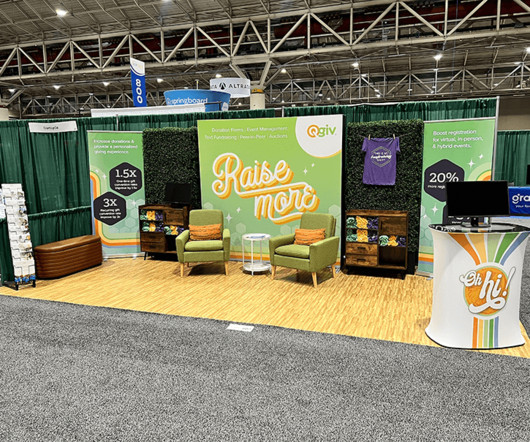Still Confused About AI, Learn the Facts A-Bot Us!
.orgSource
APRIL 29, 2024
Generative AI is not a gift that lends itself to neat packaging. What should every CEO know about generative AI? Mini Code, Multiple Connections “There is a tendency to think of large language models as massive programs,” David said. Like a child, with each success or failure, the model gains competence.












Let's personalize your content